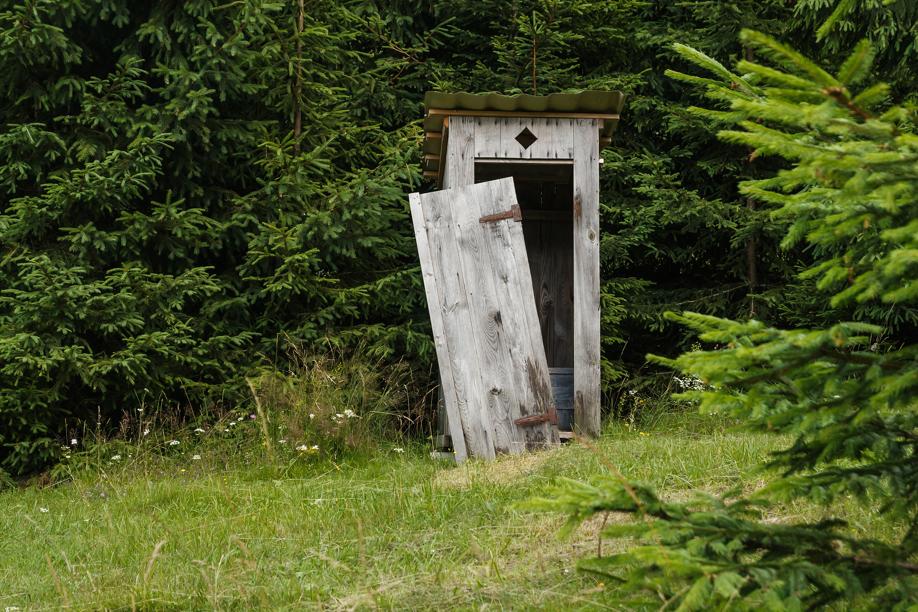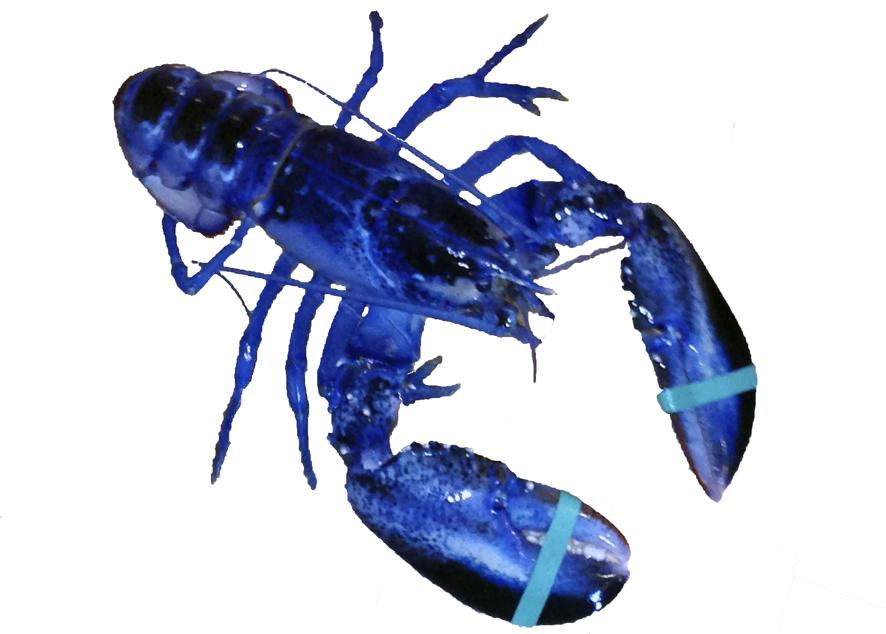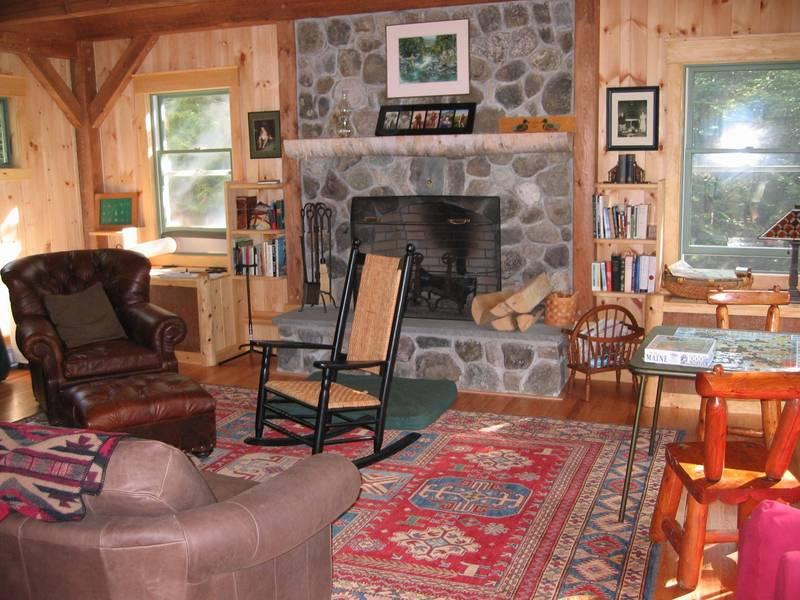




HANCOCK COUNTY — I am sitting at a church bean supper one Sunday night some years back with a table of volunteer firefighters. They are a rowdy bunch who get into a competition, each one vying to outdo the other with the strangest emergency call they’d ever received. Now I just sit there eating my mac & cheese and baked beans, pretending not to listen, but I can tell you who won hands down. It’s a guy who says he’d been called to the scene of a fire in a rural stretch of Hancock County. When he got there, he found nothing but the remnants of an outhouse reduced to coals and still smoldering.
Well sir, he just couldn’t resist asking the owner how it came to pass that a structure built for relieving one’s self could catch fire. Maybe, he speculated, the owner had been smoking while on the throne. Maybe, he suggested, it had been struck by lightening. As he told his story, he paused to allow his fellow firefighters a chance to weigh in with their own theories on the blaze. Combustible flatulence — (not the exact words used), suggests one of the firefighters, saying what everyone else had imagined but until then had dared not utter. By now the entire table is stumped. When they can take the suspense no longer, the firefighter explains: When the owner wasn’t using it as an outhouse, he said, he used it to smoke meats. With that, most everyone at the table set down their forks.
Now that is Maine: quirky, eccentric, at times, endearingly bizarre. The farther north you go, the more you enter the wilderness of weird. (And no, I am not referring to the state’s governor, Paul LePage.)
Of course, over the years one comes to expect the unexpected here. Even as a boy, I remembered that when we crossed into the state, after an endless all-night drive from Ohio, we were greeted by a towering colossus of a Sardine fisherman dressed in yellow slickers. I knew what lay beyond was out of the ordinary. Across the gigantic tin of sardines he held was written: “Maine Sardines welcome you to Vacationland & Sardineland.’’
Sardineland?
Decades later I got another dose of Maine eccentricity when I went to close on the purchase of our log cabin outside the mill town of Bucksport. After weeks of hardball negotiations, the owner finally lowered his price, and accepted our offer. But just as I was about to sign the final documents, he insisted upon adding one more condition: I would have to buy the wood he’d cut and put in the shed behind the house. “Fine,’’ said I, imagining a single neatly stacked cord in the corner. I pulled out my checkbook and pen. Then I learned how much wood there was – it raised the price by thousands of dollars. Eleven years later, we’ve yet to make even a dent in that mountain of wood. You never want to underestimate the craftiness of a Mainer.
But then, he was not the most popular guy. Mainers don’t much take to being spied on or told how to live. This guy and his wife used to take notes on their neighbors’ goings and comings, with an eye to any zoning or building infractions, which they would then share with the town inspector. Not how you make friends in Down East Maine. Well, just after they’d moved out and we’d moved in, we were invited to a jolly bonfire. You see, there was this huge log into which the former owners had elegantly carved their family’s name – it lit up the night sky and warmed us all after the neighbors put torches to it in celebration of their leaving.
To really get the feel of the place you need to spend some time here, talk to folks, and listen. Every sentence seems to hold a surprise at the end. The editor of the local newspaper reports on every arrest for DWI in the county. He once told me that many of the town’s women live in fear they will be arrested within the county line — that is, within the coverage zone of the paper. If they have to get busted, they pray it will be across that line, beyond the paper’s reach. Otherwise, they risk everyone in town making a most embarrassing discovery about them — not that they’d been behind the wheel and sauced, but what their true age was, as revealed in arrest reports.
Even at 65, I occasionally see something that startles me. I was driving down Millvale Road one afternoon and noticed something in a tree up ahead that I was pretty sure hadn’t been there the day before — a moose. It was all trussed up and hanging upside down from a lower branch looking like a 500 pound piece of fruit. Actually that moose was bagged by the property owner’s grandson. It was hanging there partly because it was waiting to be dressed out, and partly as the statement of a proud grandfather. It got my attention.
In some states, you get less than you bargained for. In Maine, you get more. Take the real estate ad in this week’s Bucksport Enterprise. There’s a property for sale just up the road in Orrington that’s a real steal for $199,900. It was built in 1790, and has a new addition (added in 1805.) But the house also comes with a bit of a story. It seems that on Sept. 3, 1814 — during the War of 1812 – a British sloop, the HMS Sylph, was making its way up the Penobscot River when it spied what it took to be potential combatants and fired its cannon. The ball, it is said, went clean through the house and took off the shoulder and arm of one William Reed, who’d been lying in the grass where he’d led others to safety. It went on to embed itself in a stone wall on the property’s edge.
It is said that some saw poor Mr. Reed’s arm in mid-flight, but that can’t be confirmed. What is known is that the ball ended Reed’s life at 47 years. But the ad for this house — described as possessing “so much character, charm, and history’’ — does more than reference Reed’s fate. It adds this unusual note to the offer: “Cannon ball will convey.’’ And indeed, that fateful cantaloupe-size ball of metal, long ago dug out from the wall, now graces a table in the hallway entrance, accompanied by a framed description of the tragedy. You tell me where else can you buy a place and they’ll throw in a cannon ball for good measure?
Mainers — or Maineiacs — (both will work, though the latter may be more to the point) have their own way of doing and saying things. I get my hair cut by a lovely woman on Route 1, next to the Dunkin Donuts. For 10 bucks, Michelle Conlon at the Bucksport Barber Shop gives you her undivided attention, some good stories about her horses and dogs, and a no-nonsense cut – none of that frilly lavender scent or French parlez-vous. There’s a sign on the mirror that shows she means business. “Haircuts $10. If sick $30.00.’’ Another sign reads: “Keep Out If Sick: No Sniffling, No Coughing, No Sneezing. You will be asked to Leave! If I think You are Sick Haircut will be $30.00.’’ No, folks in Maine are not afraid to speak their minds.
But one of the things I admire most about the people here is their resourcefulness. Something needs doing, they do it themselves — and expect you to do the same. I remember a few years ago I caught sight of a loon that appeared to be struggling, tangled in a knot of fishing line. I called the warden and gave him the exact location of the pond and the bird. But the warden had other ideas. If anyone was going to deal with an irate loon, he said, it would have to be me. I asked him if he had any words of wisdom on how to subdue a loon long enough to liberate him. Indeed he did. “Be careful,’’ he said. OK. (The good news is that by the time I made my way by kayak out to the distressed loon, he had managed to work himself free of the line. Even the birds believe in self-help around here.
You want good neighbors, you won’t find any better. As the autumn approached, the waters of the pond, colder by the day, began to rise. One day our neighbor spotted the wood panels of our dock calmly floating away. Never mind that the water was bone-chilling cold or that he’d recently undergone a hip replacement, he went right in after those planks and pulled them back to shore. That’s Maine at its best.
Where I live is in a rural area of Down East Maine, off a corduroy stretch of rutted dirt road. We, too, might be mistaken for eccentrics. Out front we have a bathtub to catch the overflow from our artesian well. Many a night has been spent trapping mice in the cabin, and as many mornings spent walking them up the hill to be released. (My wife’s convinced they’re back home before I am.)
Our road is called Appalachian Trail, so you could be forgiven for thinking it’s on the Appalachian Trail. Actually, it’s nowhere near. The story is that a local janitor and his wife hiked the length of the Trail decades ago and were among the first to do so. But the hike took so long, that in the interim, the poor guy got fired from his job. Still, the son was so proud of their accomplishment that he named the road for their feat.
Remember, Moxie is the state drink, and whoopie pies the official state treat. Why would any of this come as a surprise?
Ted Gup can be reached at tedgup@att.net.


 PREVIOUS ARTICLE
PREVIOUS ARTICLE